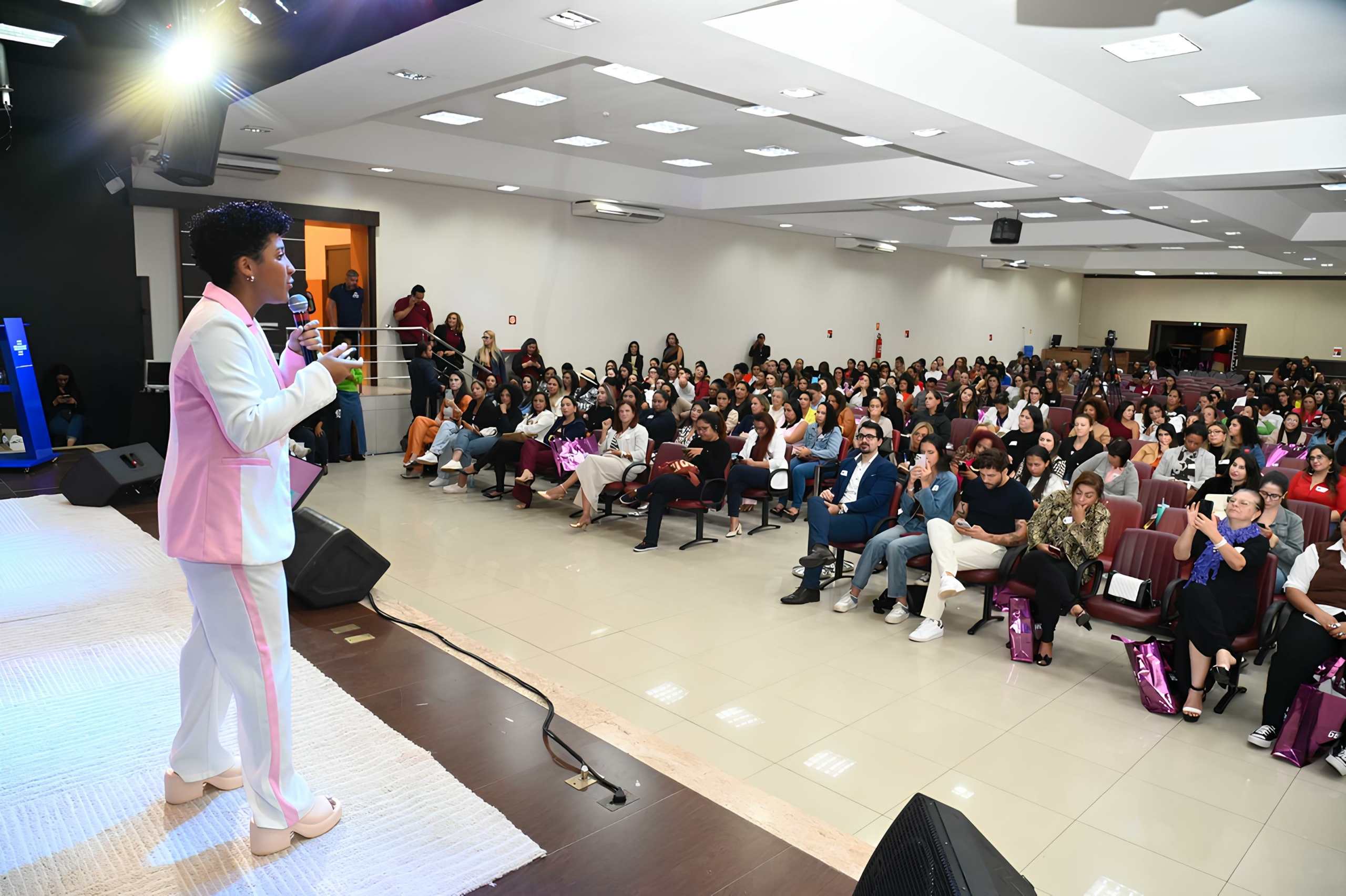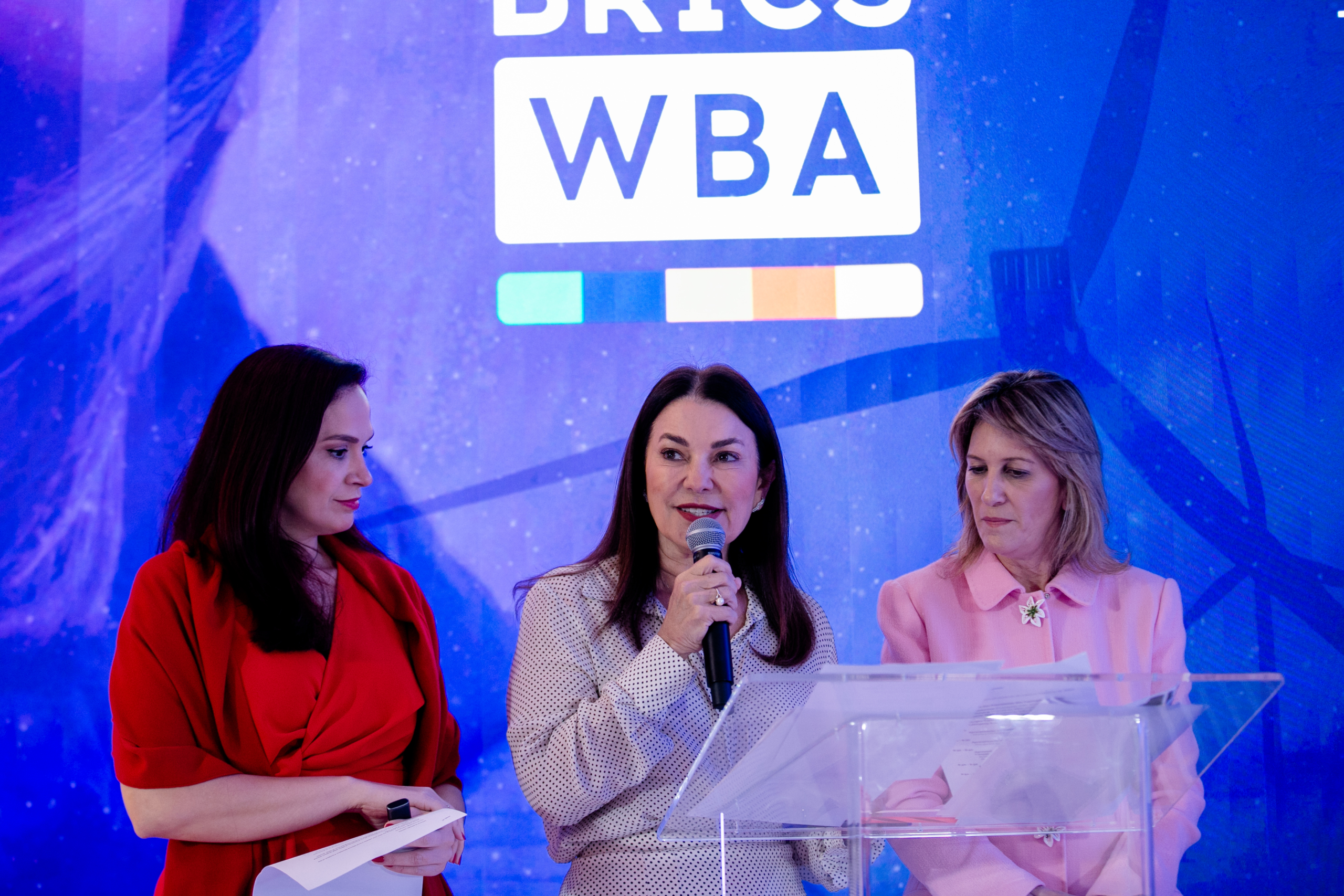Report mapping barriers to access to credit for female entrepreneurs will be launched at WBA BRICS plenary session

Sebrae, as part of the Women's Business Alliance of BRICS (WBA), is launching this Friday (4), during the Alliance's annual plenary session, the report “Women entrepreneurs on the move: overcoming credit barriers”. The publication addresses the challenges faced by women who lead businesses in the search for resources and how this impacts the economy and the reduction of inequalities. The Alliance has rotating coordination this year from the CNI (National Confederation of Industry).
The report highlights that female entrepreneurship is a powerful force for economic growth and sustainability. According to research from the Women's Wealth program, If women had the same opportunities as men to undertake, the global Gross Domestic Product (GDP) could grow by 3% to 6% – adding between US$2.5 trillion and R$5 trillion to the economy . The data shows that supporting women entrepreneurs is not only a matter of social justice, but also of economic development for countries.
Data from Sebrae shows that Brazilian women who run small businesses face higher interest rates, averaging 29.3% per year, compared to 20.3% for men. In addition, the average loan amount approved for women is R$13,000 less than for companies led by men.

This financial discrimination is compounded by social factors such as domestic workload, where women in Brazil dedicate an average of 21.4 hours per week to domestic tasks, limiting time and energy for business activities. Among the barriers faced by women in obtaining credit are high interest rates, requirements for collateral that they do not have, complex bureaucratic processes and, above all, structural and cultural discrimination. .
In Brazil, for example, women pay higher interest rates and receive smaller loan amounts than men. This reality prevents many women from turning their ideas into successful businesses, limiting their potential for income generation and employment.
Margarete Coelho, Director of Administration and Finance at Sebrae.
For WBA Global Chair Mônica Monteiro, raising awareness of the barriers faced by women entrepreneurs is the first step to overcoming them. “This report brings together data, analyses and recommendations that point to concrete ways to expand access to credit and strengthen women’s role in the economy. Our goal is to provoke action — by governments, companies and society — so that more women have real opportunities to transform their ideas into sustainable and impactful businesses, supporting inclusive and sustainable development in the bloc’s countries,” she says.

Paths to change
In the report, Sebrae and its partners highlight initiatives to help change this scenario in Brazil, such as the “Caravana Sebrae Delas” and the possibility of offering a 100% guarantee on loans requested by companies headed by women through the Micro and Small Business Guarantee Fund (Fampe), coordinated by the entity. In addition, the institution offers training and mentoring for this group with the aim of combating inequalities and promoting inclusion.
Women with thriving businesses can invest more in their families, education and health, generating a virtuous cycle of development. This is particularly relevant in the Brazilian context, where gender and racial inequalities are still striking.
Margarete Coelho, Director of Administration and Finance at Sebrae.
Finally, the report emphasizes the need for integrated and gender-sensitive approaches to overcoming credit barriers. This includes promoting open innovation, strategic partnerships with large companies, and using digital technologies to facilitate access to financial services. Collaboration between governments, the private sector and non-governmental organizations is seen as key to creating a more equitable and supportive environment for female entrepreneurship. .
“The creation of this material represents an important milestone for our participation in BRICS and for strengthening Sebrae’s image as a reference in supporting female entrepreneurship,” said Georgia Nunes, Sebrae’s manager of Female Entrepreneurship, Diversity and Inclusion. “This publication will contribute to the qualified debate on financial inclusion and will serve as a basis for public policies and support programs that are more aligned with the real needs of female entrepreneurs,” she added.

Women's Alliance
The annual plenary session of the BRICS Women’s Business Alliance precedes the BRICS Business Forum and Summit of Heads of State and will be held at the Rio Art Museum (MAR) in the capital of Rio de Janeiro. The event will consolidate the work conducted by the Alliance’s thematic groups during Brazil’s presidency of the bloc in 2025.
The WBA's mission is to promote the economic inclusion of women and foster cooperation between companies led by women in the BRICS countries, with a focus on sustainable development, reducing inequalities and increasing the role of emerging economies on the international stage.
agenciasebrae





